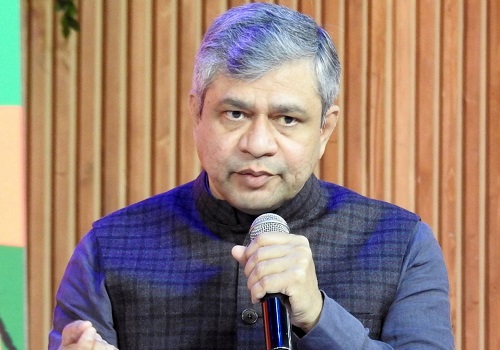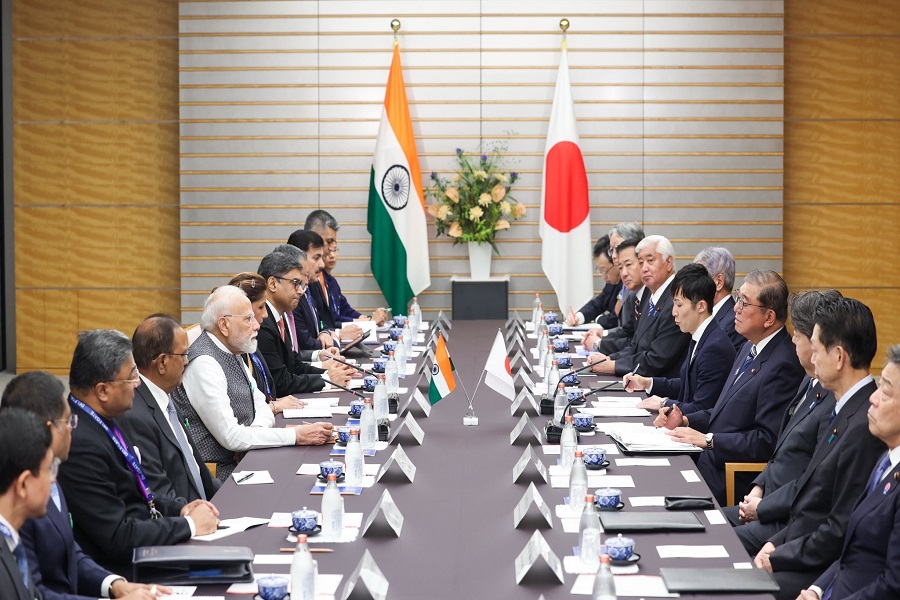Strategy: Iran-Israel conflict and India by Kotak Institutional Equities

Iran-Israel conflict and India
The sudden emergence of the Iran-Israel conflict and the risks of further escalation (1) raise concerns about India’s hitherto solid macroeconomic position and (2) highlight the higher geopolitical risks in the new world order. The market has largely found solace in the former to deflect arguments against rich valuations of the Indian market and ignored the latter.
Iran-Israel conflict—just what India did not need
The emergence and escalation of the Iran-Israel conflict may have negative consequences for the Indian economy and market, especially as the rich valuations of the Indian market, sectors and stocks (see Exhibits 1-8) leave very little scope for any negative developments. The impact will depend on the duration, magnitude and nature of the conflict. The impact on the economy will be felt through higher oil prices, while the impact on the market will be felt through lower earnings and/or lower multiples (higher cost of capital).
Limited scope for earnings, fiscal or monetary surprise now
(1) On earnings (see Exhibit 9), earnings upgrades for upstream oil producers will be negated by downgrades for the downstream oil PSU companies and consumers of oil-related commodities. (2) On the fiscal side, the government may have no scope for fiscal stimulus. (3) On the monetary part, the RBI has already done its bit in the last policy meeting (large 50 bps policy rate and 100 bps CRR cuts) and signaled its inability to do more except for in exceptional situations.
Macroeconomic risks: The oil situation has turned sharply and suddenly
The sharp increase in global oil prices (see Exhibit 10) in the past few days and the risks of oil prices rising further and staying at elevated levels may weaken India’s macroeconomic position. India’s macro was looking quite solid, given the low oil prices (see Exhibit 11). In fact, we were hopeful of a fiscal stimulus from the government through lower automotive retail prices and/or lower GST rates (see Exhibits 12-14); see our June 10 report (link). We would clarify that India’s economy will not be affected meaningfully by US$10-20/bbl higher prices, given the size of the economy. Nonetheless, higher oil prices could weaken one of the central arguments for high valuations of the Indian market.
Geopolitical risks: Higher geopolitical risks demand higher equity risk premium
The emergence of another regional conflict and the evanescence of the UN and Europe (in its erstwhile colonies) and the US as global peacekeepers in the erstwhile “rule of law” world order highlight the increased geopolitical risks in the new “rule of might” world order. We have long argued for a higher cost of capital to factor in (1) higher geopolitical risks, (2) higher probability of regional conflicts between regional powers and (3) more frequent disruptions to global investment and trade. The current Iran-Israel conflict could easily descend into (1) another proxy war between economic and military superpowers and (2) prolonged disruption to crude oil supply (see Exhibits 15-16) with disruption to the movement of oil and gas tankers in the critical Strait of Hormuz.
Above views are of the author and not of the website kindly read disclaimer




















